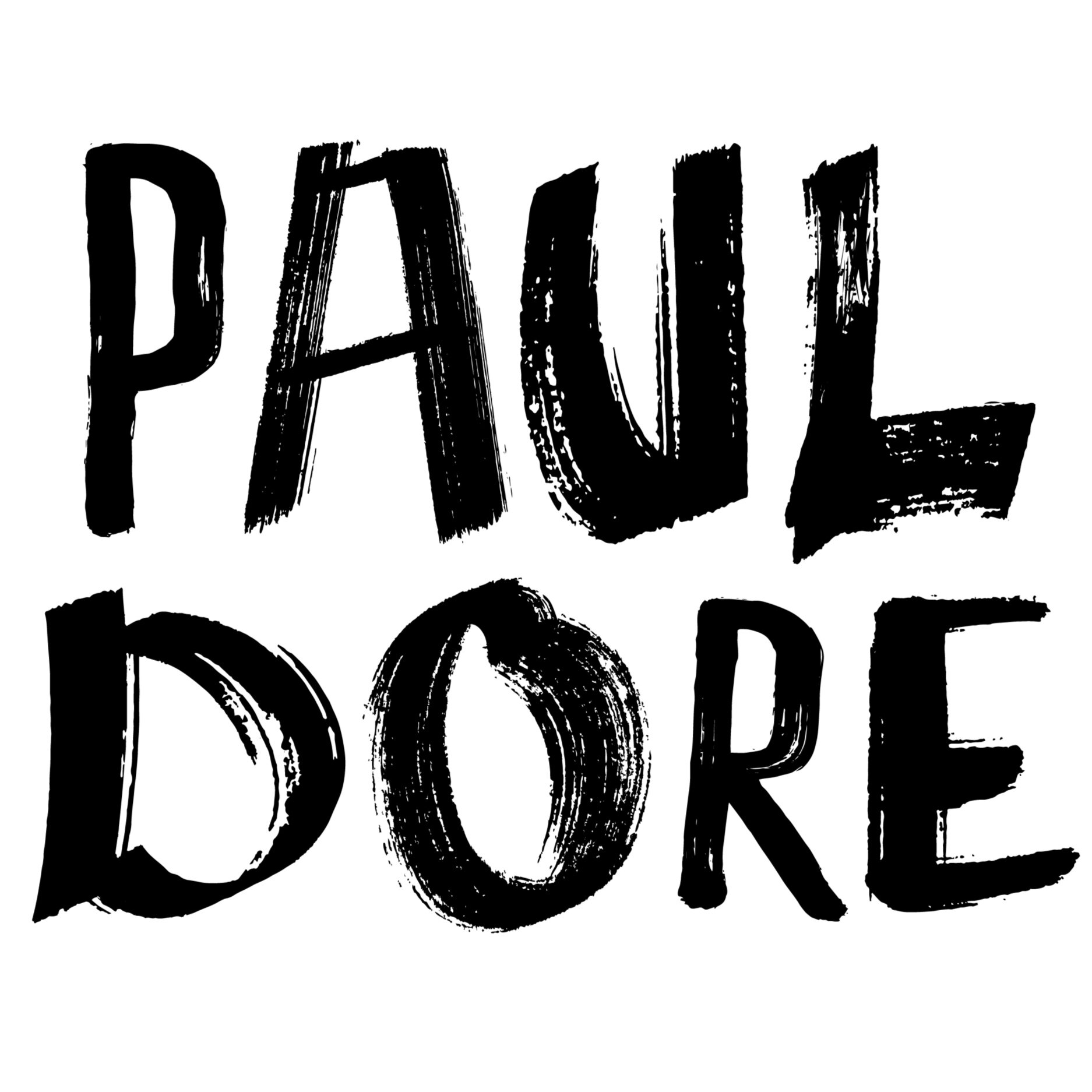3.35 A Hologram for the King
Dave Eggers really doesn’t need any more press. I usually shy away from writing about books or movies, but a few weeks ago, I discussed The Master, and I quite enjoyed it. There are enough people providing their opinions – and most times complaints – about art and entertainment, and I’m not concerned with giving a formal review. I’m more interested in talking about what the book or movie meant to me. I really don’t care if you read the book and it’s not my place to say you should read it. Isn’t that one of the more annoying things people say, “You should see this movie,” or “You have to read this book.” I shouldn’t see anything I don’t want to and I don’t have to read something I’m not interested in.
Eggers hooked me from the beginning. His books are the only ones I read once and immediately read again. This happened with his second novel, You Shall Know Our Velocity! and continued with his most recent work, A Hologram for the King. Watching his work mature and evolve over time has been something I cherish, it is something that is mine and no one tells me I ‘should’ or ‘have’ to read his latest book.
I am fascinated with writers, filmmakers or musicians that are not afraid to push their talents. To take risks and experiment. To shun the market and follow their own path. With all of Eggers' books, I felt like he was talking directly to me, that the characters and stories not only related directly to my life, but specifically to what was happening in my life. How did he know?
He didn’t know. At the core, his work is obsessed with making sense of the world and your place in it. Who cannot relate to that? His books have evolved from an almost manic writing style to a sparse and specific existential experience. A Hologram for the King is a haunting tale, one that does not involve any zombies or vampires, just a man who discovered that his life has lost its meaning. This idea is not explored in any direct way, and it’s a relatively simple story. But between the lines and camouflaged in the scenarios is a growing unease, a sense that as people we once believed in something. This loss came at a wonderfully glacial pace and included a mountain of denial, but there is no ignoring it once we are in a foreign place, alone with our thoughts and those ghosts silently haunting us gently taps our shoulder and encompasses our mind.
When I've watched great comedians, there was a sense of immediacy. I felt that they were making the jokes up, as they were almost too spontaneous. I finally figured out that much of it was performance. In the same way, I imagined Eggers quickly writing, the words flowing out in a ‘first thought, best thought’ kind of way. You can see in his work an evolution from a messy, almost undisciplined, form of writing. Of course, this messy style was deliberate, a performance, similar to my assumptions about the spontaneous comedian. The style worked for his earlier books, but not for What is the What and Zeitoun, which were non-fiction novels. He was telling the story of other people and needed a certain amount of restraint. It almost feels as though A Hologram for the King was much longer and he removed anything that was not essential, leaving a book packed with incredible tension and allowing room for the reader’s interpretation.
A few years ago, I took a writing workshop with Wayson Choy. He gave us an exercise to take a passage from a novel and type it out. I chose one from Dave Eggers, a passage I always remembered and one I thought was so filled with emotion. After typing it out, I discovered the high level of craft Eggers was working at. He has that special gift to write something so tight, but then to give it life, while at the same time stir things up in the reader and challenge them.
Honestly, I don’t know where Eggers finds the energy. Besides his books, he started writing centres for kids, writes screenplays and established his own publishing company. He’s got a frantic energy, and to me, makes the restraint of A Hologram for the King even more incredible. It was also the first book I’ve read about the post-9/11 state of the world in regards to the Middle East, the international stance of the United States, the fading economy, the industrial landscape and what it means to be a person. He’s asking the question, “Where do we go from here?” My question is, "Where does Eggers go from here?"
